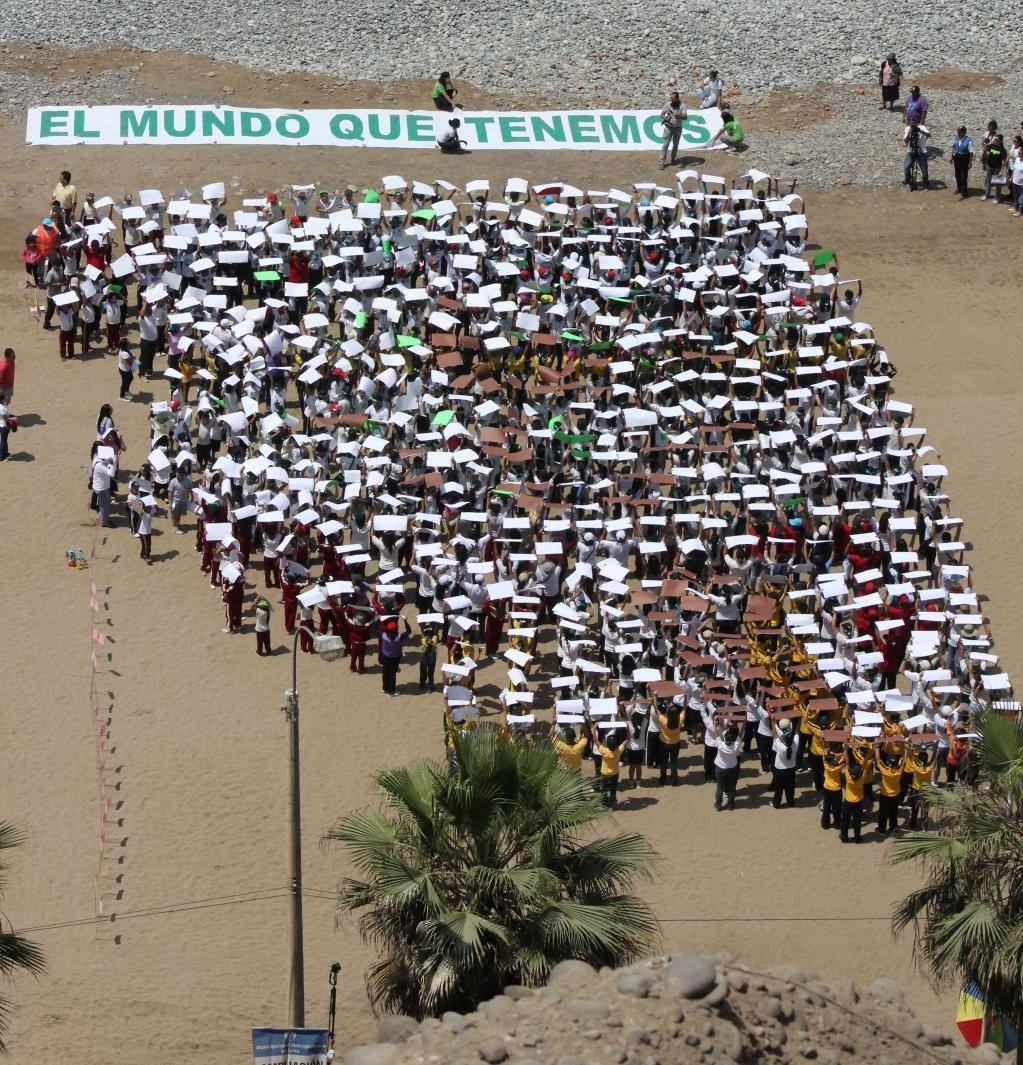Developing world may need annual $500 bn for climate by 2050: UN
Developing countries may need up to $500 billion per year by 2050 to adapt to the ravages of climate change, dwarfing previous estimates, a UN report said. The figure was about 20 times today’s public spending on climate adaptation, according to the United Nations Environmental Programme (UNEP) that warned of a “significant funding gap after 2020.” And the number could be further inflated if countries fail to meet the UN target of limiting global warming to two degrees Celsius over pre-Industrial Revolution levels.
The impacts of climate change are already beginning to be factored into the budgets of national and local authorities. The escalating cost implications on communities, cities, business, taxpayers and national budgets merit closer attention as they translate into real economic consequences.
UNEP executive director Achim Steiner said in a statement
In 2012-13, the amount of global public finance committed to adaptation was about $23-26 billion, of which 90 per cent went to developing countries. Adaptation support is a key sticking point at UN negotiations under way in Lima to hammer out the broad outlines of a new world pact to curb global warming. Poor countries most vulnerable to climate-change-induced impacts - extreme weather events, floods, droughts and sea-level rise - are demanding that a rich nation commitment to adaptation and finance help be written into the pact. But many developed countries insist the deal, due to be signed in Paris in December 2015 to enter into force by 2020, should focus on mitigation - meaning efforts to curb planet-warming greenhouse gas emissions.
It’s a cruel irony that it is the rich countries whose carbon emissions helped create these climate change impacts that don’t want adaption to be a central part of the Paris agreement.
Senior climate change advisor Mohamed Adow, of Christian Aid

World developing world climate